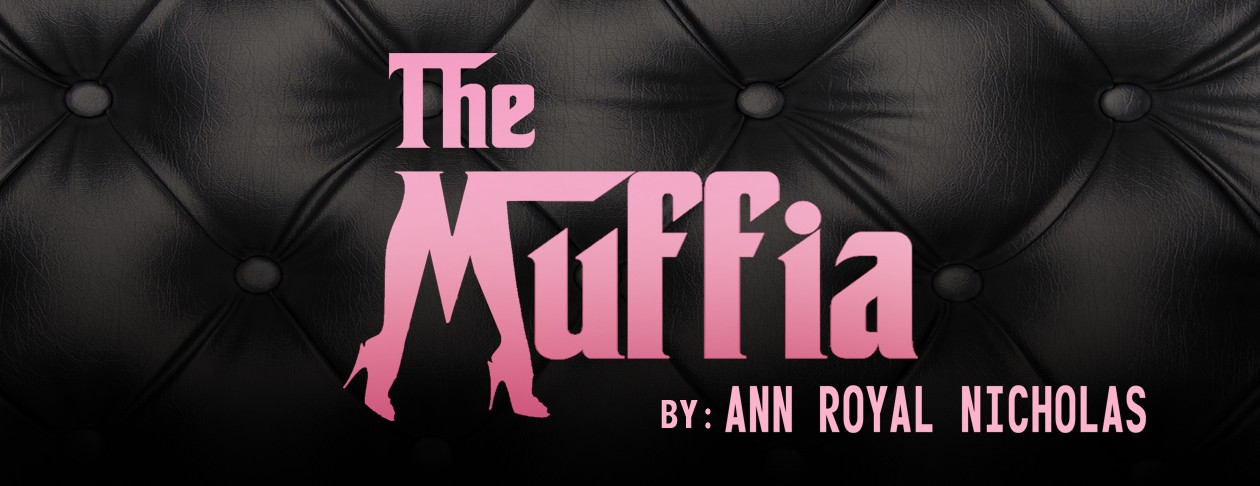Writing teachers are fond of telling their initiates to “write what you know.” From the tenured lit profs at the top universities, to the wannabe novelists toiling away in our cities and towns who supplement their paltry writing income by teaching, “Write what you know” is part of their mantra, a golden nugget of wisdom any newbie writer dare not question.
If I’ve heard it once, I’ve heard it 300 times over my career as a professional writing student. I’ve heard it in playwriting and screenwriting classes and in multiple creative writing courses taken over several years in the UCLA Writers’ program. I heard it in Novel I, Novel II, all the way through Novel V: The Advanced course, admission to which requires a completed manuscript exceeding 50K words. And almost to a teacher, those who lead the classes urge students to “write what you know.” This much I know.
What I don’t know—the vastness of which has becomes more apparent as I’ve gotten older—is just how much I don’t know. Certainly that which I know is dwarfed by that which I don’t, which makes writing about what I know extremely difficult—as if we needed to make it any harder. And yet it is now, as it has always been, what I don’t know that makes me want to write.
Whatever one thinks about Donald Rumsfeld’s evasive use of “unknown unknowns,” this is where I live. That is to say, the amount of information of which I have no knowledge increases exponentially, beyond what I will ever know, making it not only unknown, but unknowable. These days, the only things I know for sure are bits of trivia no creative writer worth anything would spend time writing about.
I think most people think they know a whole lot more than they actually do. Daniel Boorstin, the historian, professor, attorney and writer once said that, “the greatest obstacle to discovering the shape of the earth, the continents, and the oceans was not ignorance but the illusion of knowledge.” And so it is with the stuff of literature. Everything that is the subject of good writing, which has endured—love, war, death, religion, why we’re here—are subjects about which nobody knows anything. Nobody. Sorry, but it’s true. At best we have ideas about these things and most of the time we fumble about pretending we know. But because these subjects are among the most disputed over our collective history, it’s reasonable to say, nobody knows the truth. They are the “known unknowns” and they are the topics that continue to move us in literature, theatre and film.
So are the writers writing the books on the big topics just smarter and more experienced? Do they know something the rest of us don’t? Unlikely. But their points of view are more informed, their opinions and those of their characters more refined, and their ability to distill and express their “feelings” about these subjects more artful. It is their—and our—unique expression that makes the rest of us (i.e., readers) say, “I understand.” It isn’t writing what we know, as much as it is expressing how we feel, which is a completely different thing. How we feel about our humanness in certain situations, which we don’t have personal knowledge and experience of can transcend genre, can transcend all.
Novelist, essayist and playwright, Nathan Englander (Ministry of Special Cases) has been quoted as saying, “Write what you know is one of the most misunderstood pieces of advice… ever.” Englander grew up in an Orthodox Jewish community on Long Island and spent a lot of his childhood watching TV and playing videogames—not exactly the stuff of novels unless one frames a story that begins and ends with a kid on a couch holding a remote.
George R.R. Martin spent his childhood in a housing project in New Jersey, the son of a longshoreman but grew up to pen the Song of Ice and Fire Fantasy series, which includes Game of Thrones. He never was, nor will he ever be, the Mother of Dragons but he understands her and can make us feel what being her might be like.
Suzanne Collins did not grow up playing and winning The Hunger Games. If she had, she’d be in jail. Nor was housewife, E.L.James, author of Fifty Shades of Gray, hung from the ceiling and beaten. Most successful erotica writers can only dream of having the high quality sex their characters have.
So where does all this leave the aspiring writer who only thinks he knows what he knows? Or worse—the aspiring writer who doesn’t realize he knows so little? Writing bad novels probably. But there’s still hope for the aspiring writer who remains open to not knowing.
Now that I’ve finally had a novel published that I didn’t have to publish myself and I commence becoming one of those many teachers of writing, I realize that what I want to tell my students is to “write what interests you enough to find out.” To get into the heads of our characters and write the hell out of them, we usually have to become someone we’re not and hey, isn’t that also a great lesson for life?


Loathe this bromide. Where does it leave that primary engine of literature, the imagination?
Exactly. Not to mention, it’s not of much help.